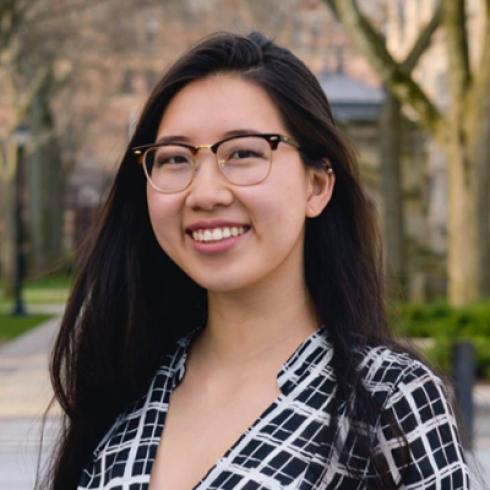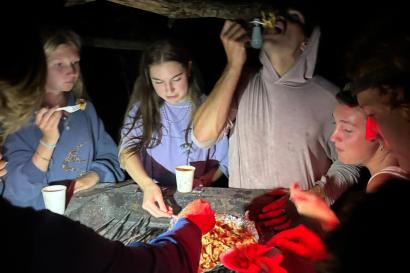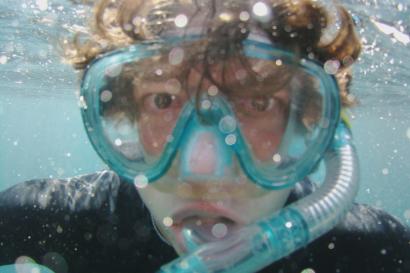Last year, I watched an episode of Modern Family wherein the native Colombian character Gloria exclaimed exasperatedly at her white American husband, “I am so much funnier in Spanish." When I heard her say this, I thought of my own Chinese immigrant parents who have been in the States for over twenty years. My mother and father are respectively a professor and a researcher, thus they use English quite frequently in their professional lives. Their grasps of English, however, falter when it comes to social spaces. I remember observing them when they attended the English dominant birthday parties of my childhood, the smattering of jokes and half hearted laughter. I thought about what it must like to resolve your personality in a new language. Now, as I study in Santiago, Chile, I feel the same way.
Much of my personality changes when I navigate Spanish social spaces, like a puppy taking its first steps. Sure, I have become accustomed to Spanish class conversation, and even more advanced academic discourse through the courses at IES Abroad and other more professional conversations. I can speak, although perhaps roughly, on immigration politics in the United States and on the transformations of populism in Latin America from an outsider perspective. But when surrounded by Chilenos at a club or at a party, my usual pithy English sayings are out the door. All bets are off as I stumble my way through and wonder if I sound as ridiculous as I feel. Sometimes I steer conversations towards topics I am more comfortable with in both languages, just so I can feel adept and comfortable in at least my ability to project intellect or general competetence.
Learning social Spanish is something that cannot be done in a classroom. When you head to a discoteca, people approach you with different banter than they would at an American equivalent, the stuffy nightclub with pounding hip hop beats. Here, the baile of choice is to reggaeton music, offering more space between parejas and sometimes creating an obligation for conversation. I communicate personality through smiles and hand gestures when my words fail me, and I wonder if my chismes and jokes read the same in Spanish as they do in English. I wonder if they come across as offensive, if I am appropriately navigating the space or if my Americanness always gives me a pass to say stupid things.
Since I came to Santiago, I've met two local friends outside of the IES Abroad programming. Even though I am a generally extroverted person and comfortable in social contexts, I stepped out the door with nerves abound. After a couple hours (and a couple drinks), I found myself relaxing and just enjoying myself. I slipped into my social Spanish, proud of my own ability to connect. Sure, I stumbled here and there and continously heard a cerebral grammar teacher changing my sentences mid speaking, but overall I did okay.
I think my biggest takeway is that in order to really improve my Spanish on a personal level and integrate into local communities, I have to occasionally step out of the safe bubble that is IES Abroad friendships, as much as the English is a comfort. I have to take more chances and test my own abilities to create friendship and intimacy, and these are the only ones I can strengthen my weaker tongue.

Annie Cheng
Annie Cheng is a sophomore at Yale University studying political science and ethnic studies. She speaks 2.5 languages, listens to jazz and hip hop, and is currently residing in Santiago, Chile. Her passions include journalism, environmentalism, and supporting the arts. By the end of her studies, she hopes to confidently claim trilingualism.








